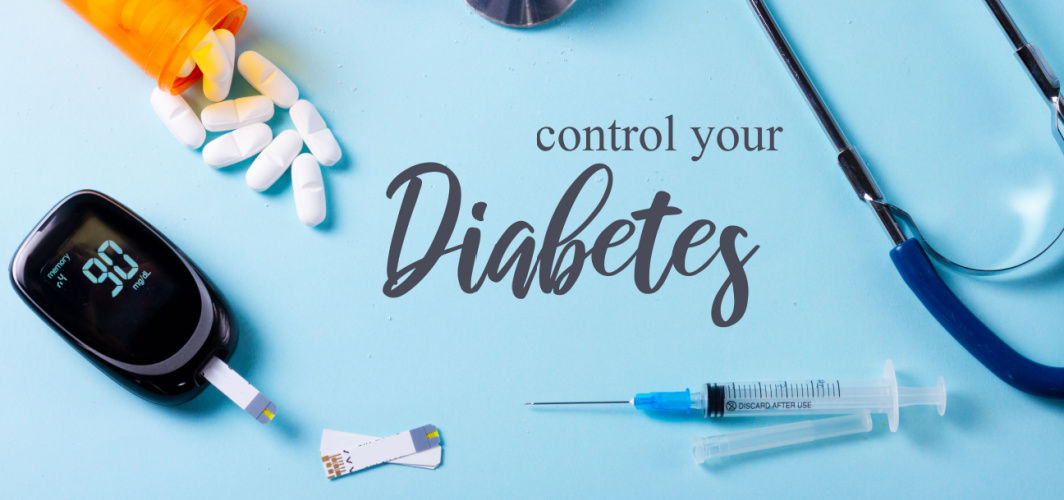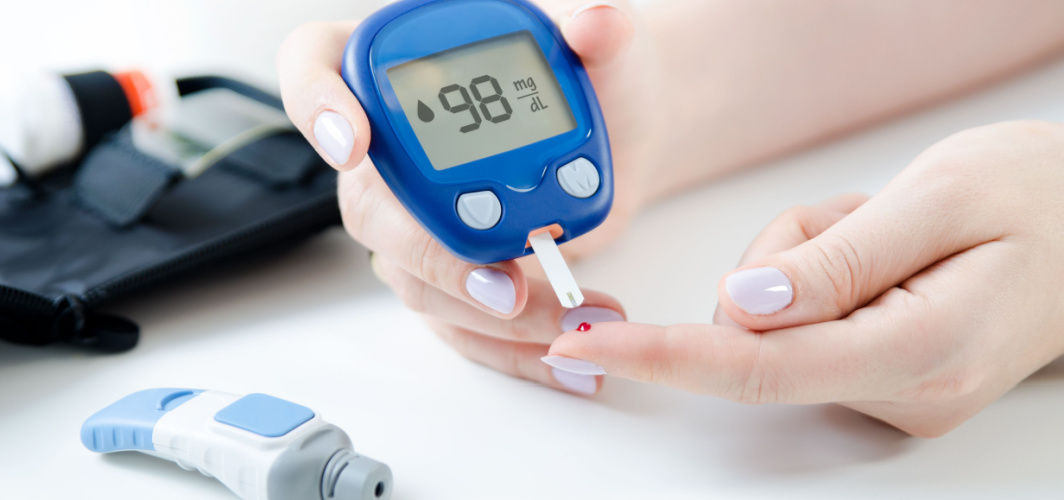Diabetes Management
What Is Pre-diabetes? When Does It Progress Into Diabetes?
3 min read
By Apollo 24|7, Published on - 13 March 2023, Updated on - 26 October 2023
Share this article
0
0 like

Diabetes is not an alien term anymore. One in 11 adults in India is living with diabetes. Furthermore, if not managed properly, it is known to cause some serious complications such as heart and kidney diseases. On the contrary, not many people are aware of pre-diabetes, which precedes diabetes and if left unmanaged can lead to type 2 diabetes. Read on to learn more about pre-diabetes and what can be done to treat it.
What Is Pre-Diabetes?
Pre-diabetes is a serious health issue where your blood sugar levels consistently stay higher than normal, but not high enough to be diagnosed as diabetes. Those who suffer from pre-diabetes are at an increased risk of developing type 2 diabetes, stroke and heart disease. Usually, pre-diabetes doesn't show any symptoms or signs. For this reason, it's essential to consult with a doctor right away if you are concerned about developing diabetes or experiencing any symptoms or signs of type 2 diabetes. You should also get your blood sugar level checked at regular intervals if you have any risk factors for diabetes, which include:
- Being overweight
- Not exercising enough
- Having a sibling or parent with type 2 diabetes
- Having diabetes during pregnancy
- Taking certain medications like antipsychotics, HIV medications and steroids
- Having polycystic ovary syndrome (PCOS)
- High cholesterol or blood pressure levels
- Sleep disorders like sleep apnoea
- Smoking
- Metabolic syndrome
When Does Pre-diabetes Progress To Diabetes?
People suffering from pre-diabetes have up to a 50% chance of getting diabetes during the next 5-10 years. It's worth remembering that not everyone with pre-diabetes develops diabetes. Around 25% of those with pre-diabetes develop diabetes over the short term of 3-5 years as they either fail to get diagnosed on time or do not maintain their blood sugar levels even after getting diagnosed. Fortunately, pre-diabetes can be reversed by making some healthy lifestyle changes.
What Can Be Done To Treat Pre-diabetes?
Pre-diabetes can be treated by making certain changes in your lifestyle. A Diabetes Prevention Program study showed a nearly 58% risk reduction in people who stuck to these changes over the long term. Those with pre-diabetes can reverse their condition and prevent type 2 diabetes by:
1. Modifying the diet
Research shows that taking a low-carb diet can improve your blood glucose levels, reduce your insulin resistance, and help shed some extra weight. Try including as many nutrient-rich whole foods in your diet as you can. Also, restrict the consumption of sugary beverages and highly processed food items. Incorporating food rich in fibre like leafy vegetables, fresh fruits, and whole grains, can prove to be quite helpful in treating pre-diabetes.
2. Engaging in regular physical activity
You can also treat pre-diabetes and lower your risk of developing type 2 diabetes by exercising regularly. Engaging in any physical activity such as walking or jogging, that would increase your heart rate, for at least 30 minutes can prove to be good for your health. According to the Centers for Disease Control and Prevention (CDC), performing 30 minutes of physical activity every day and losing 5-7% of your body weight can lower the risk of type 2 diabetes progression by over 58%.
Other methods that may help reverse pre-diabetes include taking medications as prescribed by your doctor, quitting smoking and getting your cholesterol levels and blood pressure under control. Some people with pre-diabetes also opt for complementary and alternative medicine (CAM) treatments like taking supplements, acupuncture and meditation. However, it’s highly advisable to check with your doctor before beginning any CAM treatments as they can sometimes interact with your medication. If you need more information,
Consult Apollo's Expert Diabetologists
You can also manage your diabetes like a pro with Apollo 24|7's 12-week empower programme.
Medically reviewed by Dr Sonia Bhatt.
Diabetes Management
Consult Top Diabetologists
View AllLeave Comment
Recommended for you

Diabetes Management
How to Control Your Blood Sugar This Navratri
Navratri fasting can be challenging for those with diabetes, but with careful planning, it's manageable. Start by consulting your healthcare provider for personalised advice. Opt for low-glycemic foods like buckwheat (kuttu) and amaranth (ramdana) and practice portion control to prevent overeating. Including protein sources and healthy fats in your diet can help control hunger and stabilise energy levels. Stay well-hydrated with water and herbal teas, monitor your blood sugar levels regularly, and choose sugar-free or low-sugar sweets mindfully. When breaking your fast, opt for a balanced meal to avoid sudden spikes in blood sugar. These strategies can help you enjoy Navratri while maintaining stable blood sugar levels.

Diabetes Management
6 Tips To Prepare For Diabetes Test
Diabetes is a chronic condition that needs to be diagnosed early to prevent complications. Diagnostic tests quickly detect high blood sugar levels. Though painless and quick, preparation can take hours due to fasting overnight. This article will guide you on how to prepare for the test.

Diabetes Management
How To Prevent Diabetes During Pregancy?
Learn about effective strategies and lifestyle factors to prevent diabetes during pregnancy. Discover the latest guidelines, new technologies and expert advice on managing gestational diabetes.
Subscribe
Sign up for our free Health Library Daily Newsletter
Get doctor-approved health tips, news, and more.
Visual Stories

8 Fruits That are Incredibly Healthy for Diabetes
Tap to continue exploring
Recommended for you

Diabetes Management
How to Control Your Blood Sugar This Navratri
Navratri fasting can be challenging for those with diabetes, but with careful planning, it's manageable. Start by consulting your healthcare provider for personalised advice. Opt for low-glycemic foods like buckwheat (kuttu) and amaranth (ramdana) and practice portion control to prevent overeating. Including protein sources and healthy fats in your diet can help control hunger and stabilise energy levels. Stay well-hydrated with water and herbal teas, monitor your blood sugar levels regularly, and choose sugar-free or low-sugar sweets mindfully. When breaking your fast, opt for a balanced meal to avoid sudden spikes in blood sugar. These strategies can help you enjoy Navratri while maintaining stable blood sugar levels.

Diabetes Management
6 Tips To Prepare For Diabetes Test
Diabetes is a chronic condition that needs to be diagnosed early to prevent complications. Diagnostic tests quickly detect high blood sugar levels. Though painless and quick, preparation can take hours due to fasting overnight. This article will guide you on how to prepare for the test.

Diabetes Management
How To Prevent Diabetes During Pregancy?
Learn about effective strategies and lifestyle factors to prevent diabetes during pregnancy. Discover the latest guidelines, new technologies and expert advice on managing gestational diabetes.

